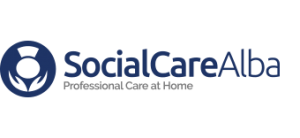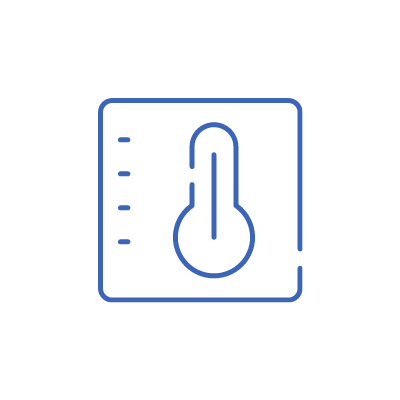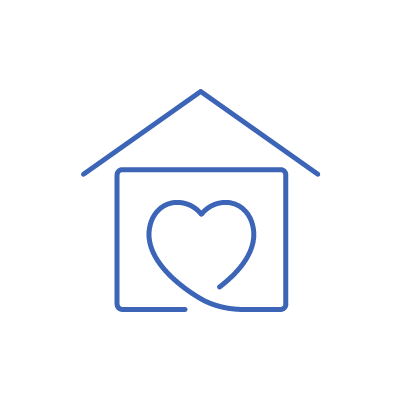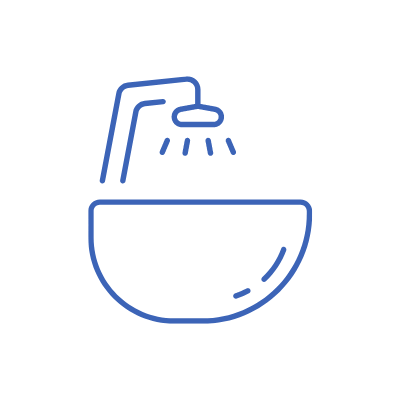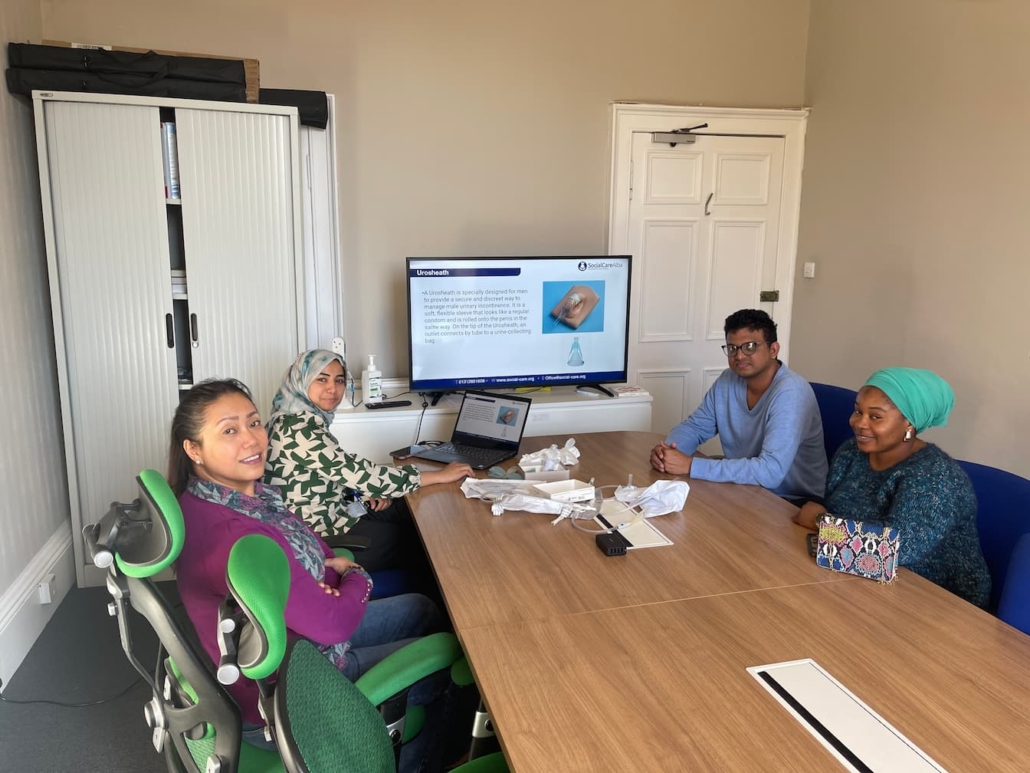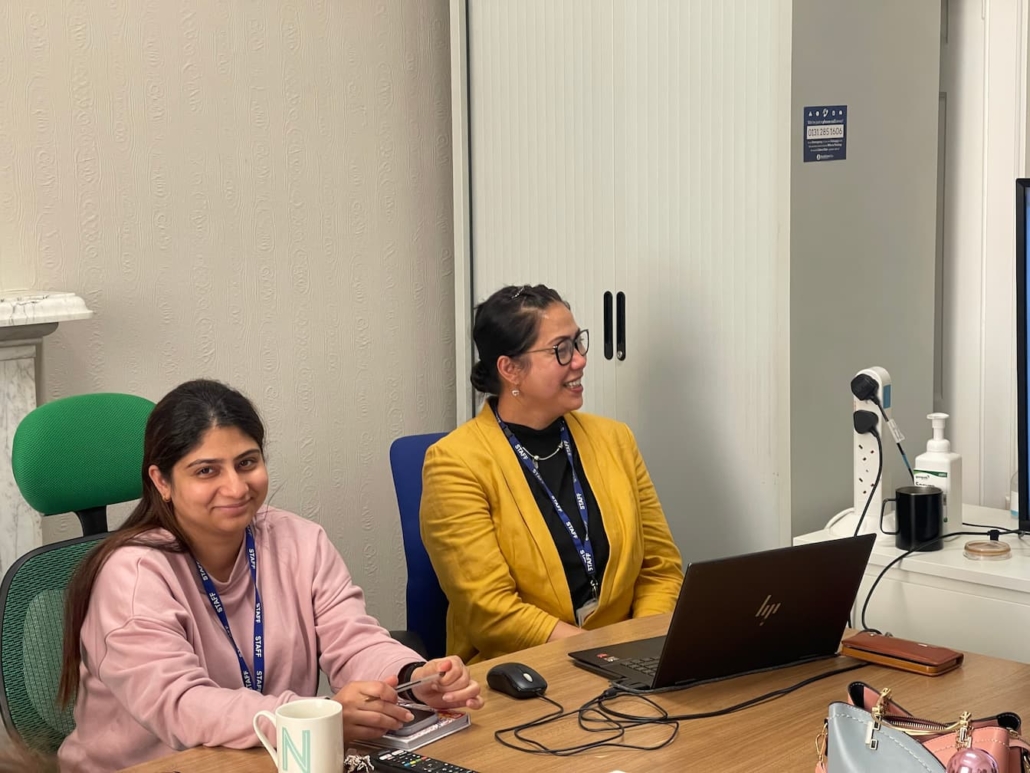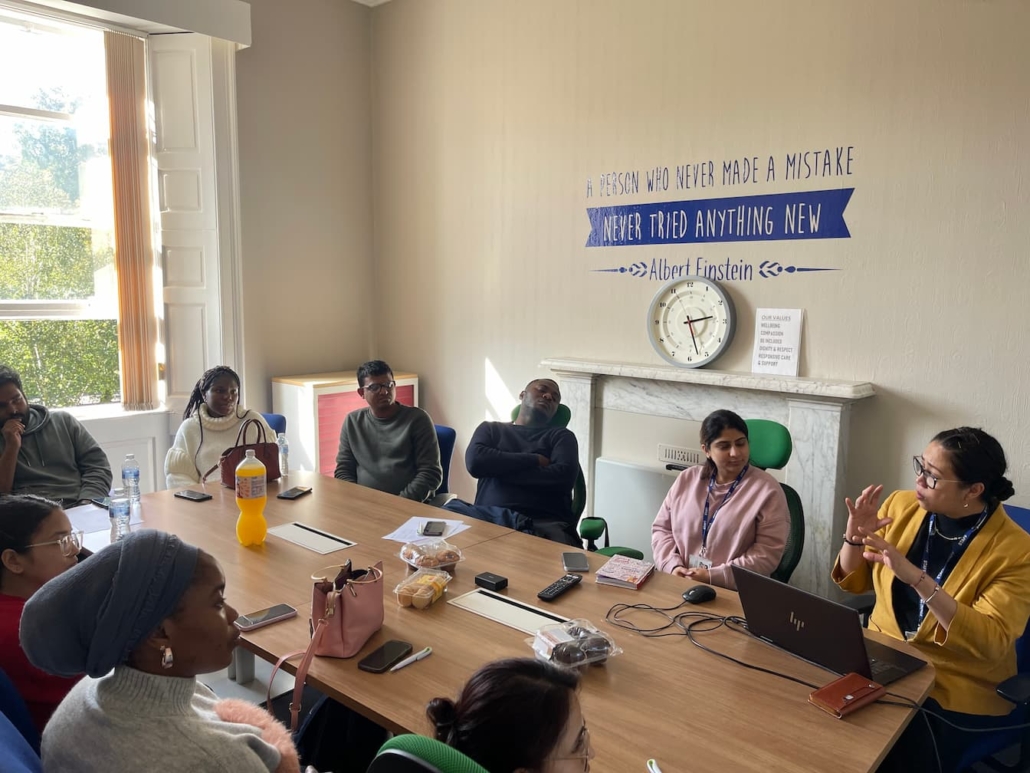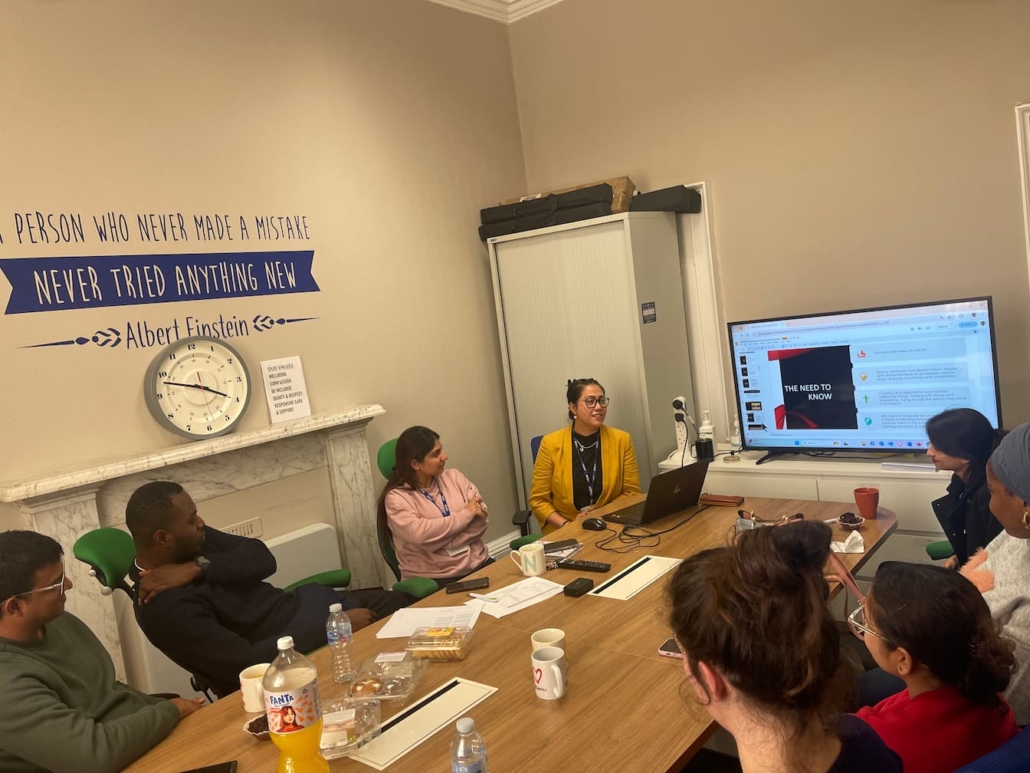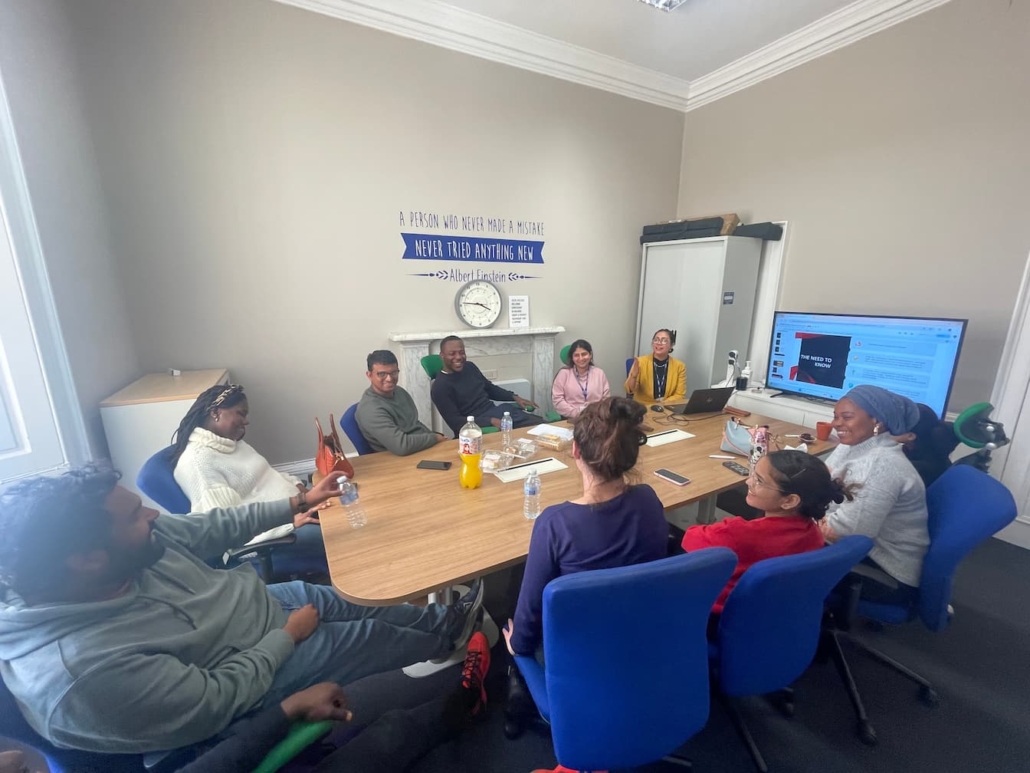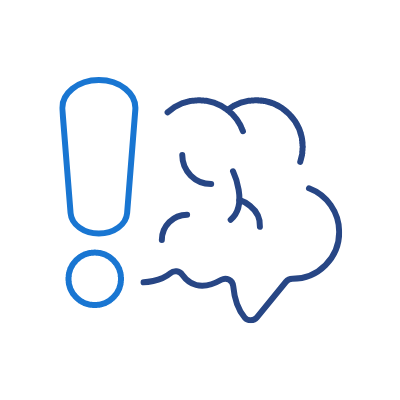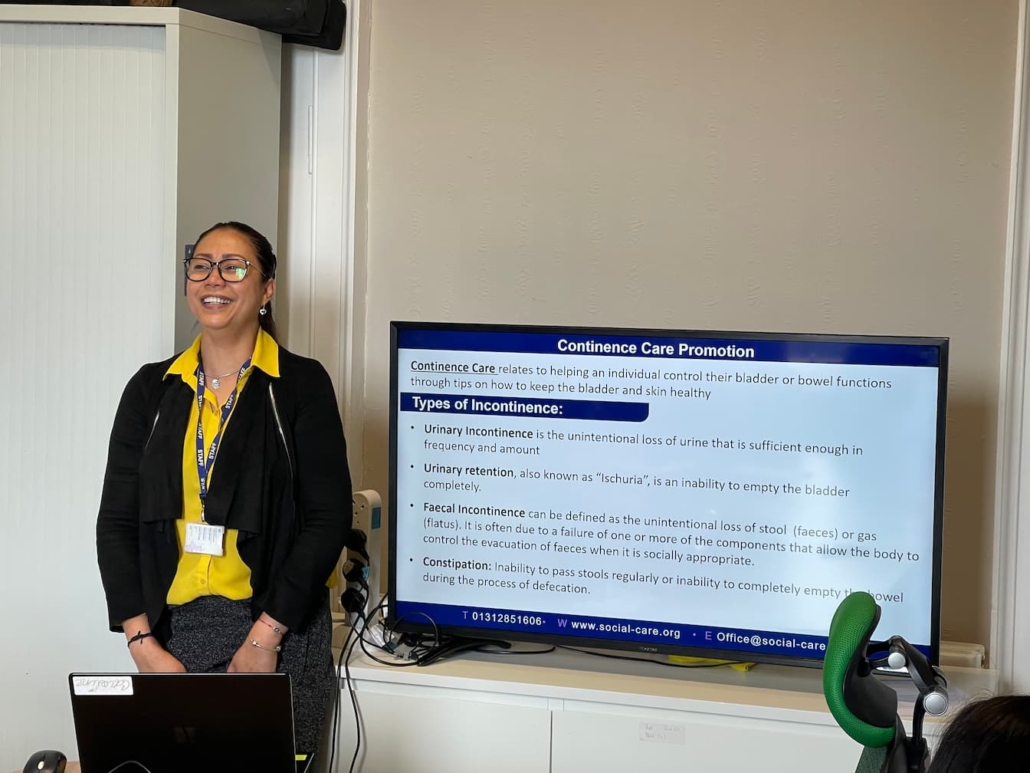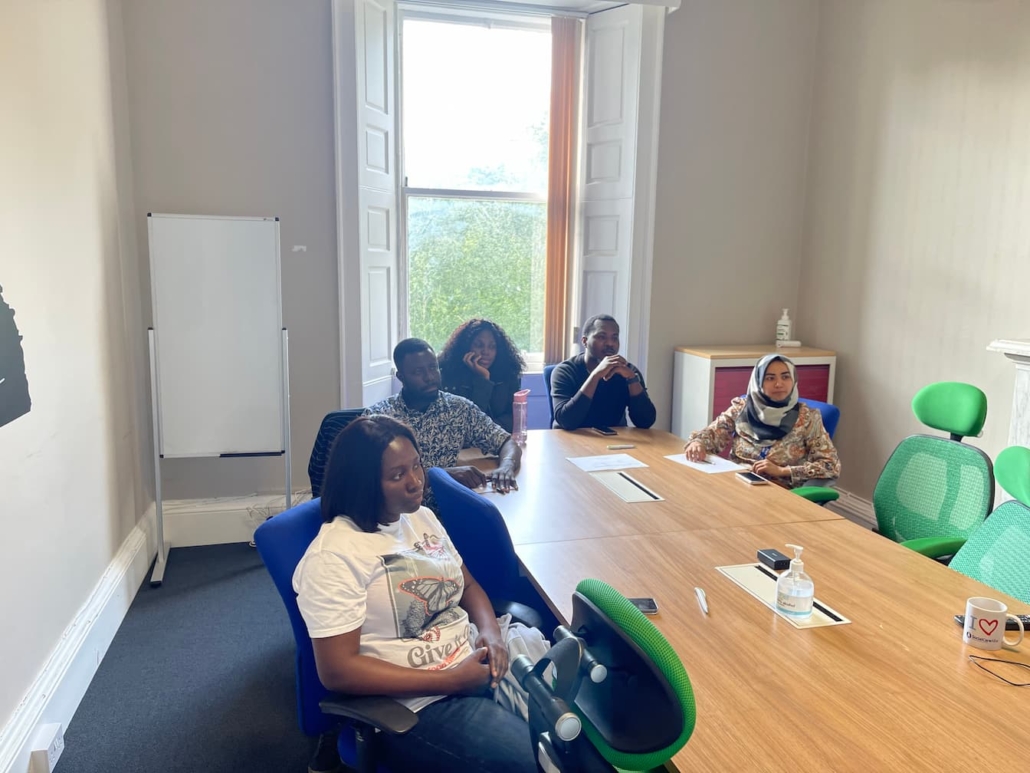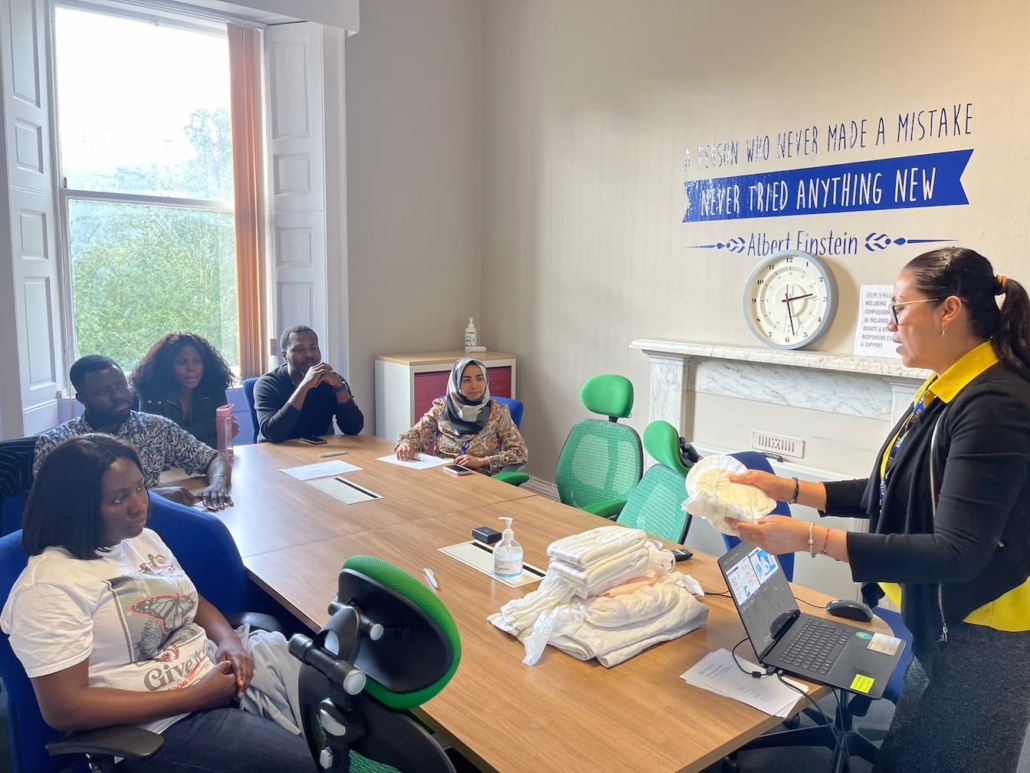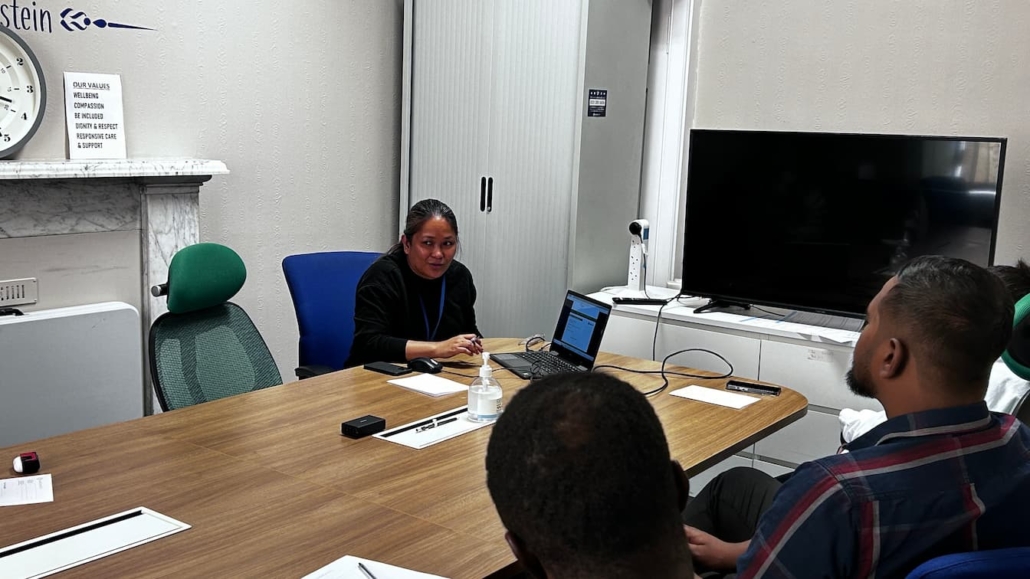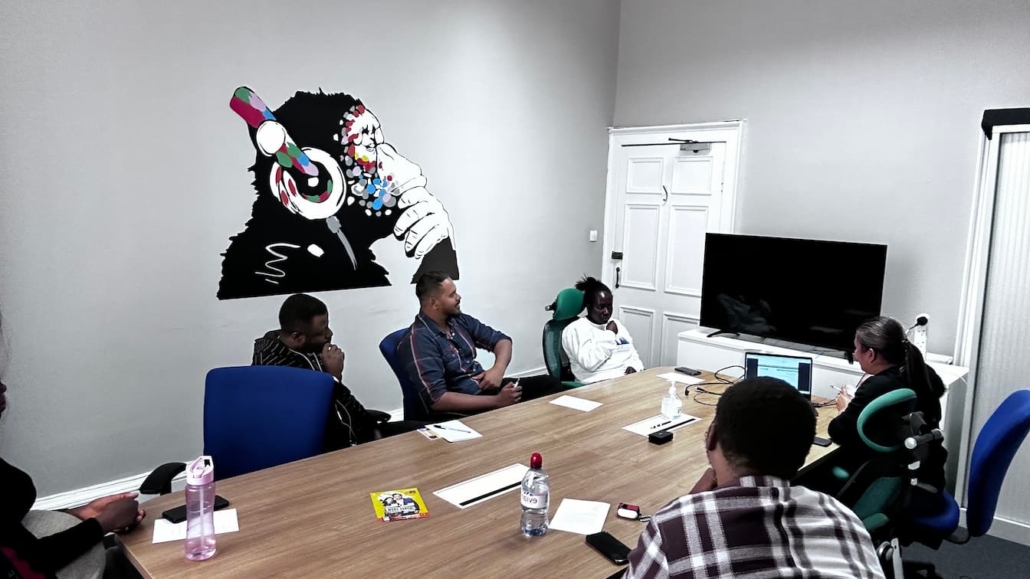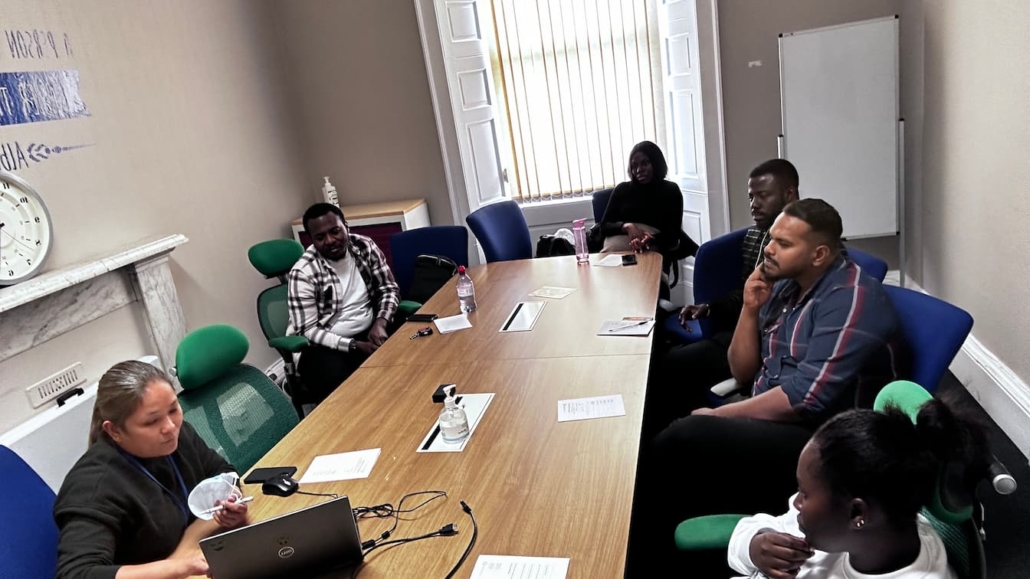Halloween in Scotland: A Celebration of Ancient Traditions
As we approach Halloween in Scotland, it’s essential to reflect on its rich cultural heritage while also considering the significance of dates and events for our service users, particularly those with dementia or memory impairments. Familiar celebrations can help orient them to time and place, offering a valuable opportunity to stimulate past memories, as long-term memory often remains intact in those with dementia. Here at Social Care Alba, we’ll host a fancy dress competition and a scary snack table for our staff, ensuring a delightful and engaging experience for everyone involved.
The Origins of Halloween in Scotland: Samhain
Halloween, as we know it today, has its roots in the ancient Celtic festival of Samhain (pronounced “Sow-wen”). This celebration, held on the 31st of October, marked the end of the harvest season and the onset of winter, a time when the boundary between the living and the dead was believed to be at its thinnest. During this period, spirits could cross into the human realm, prompting people to light bonfires and don disguises to ward off these otherworldly visitors. Samhain is considered the precursor to modern Halloween, laying the groundwork for many customs we still cherish today.
Guising: The Scottish Tradition of Dressing Up
One of Scotland’s most beloved Halloween traditions is guising, which predates the American concept of trick-or-treating. Guising involves children dressing up in costumes (or “guises”) and going door-to-door, performing songs, jokes, or reciting poems in exchange for treats. Unlike trick-or-treating, guising encourages children to earn their rewards by showcasing their talents rather than simply asking for sweets.
Carving Turnips: The Original Jack-O’-Lanterns
Before pumpkins became the go-to choice for carving lanterns, Scots would hollow out turnips and place candles inside to create “neep lanterns”. These spooky faces were said to ward off evil spirits during Samhain. While turnips can be tricky to carve, the tradition lives on in some households across Scotland, although pumpkins have become more common due to their size and ease of carving.
Bonfires and Games
In rural areas of Scotland, bonfires are still lit to celebrate Halloween, continuing the ancient Samhain tradition. Communities gather around these fires, and it is said that the smoke from the flames offers protection from evil spirits.
Halloween is also a time for games, many of which have their roots in ancient practices. Dookin’ for apples (bobbing for apples) is one such game, where participants try to grab apples from a basin of water using only their mouths. Another popular tradition is pulling up kale stalks, a fortune-telling game where the shape and size of the stalks pulled from the ground predict the future spouse’s appearance.
A Time for Fun and Frights
Today, Halloween in Scotland is a vibrant mix of ancient tradition and modern fun. While the customs of Samhain may have evolved over the centuries, the spirit of the celebration remains. Communities come together to enjoy everything from guising and games to haunted houses and parties. At Social Care Alba, we embrace this sense of community and connection, finding joy in the traditions that bring people together, young and old.
As we prepare for Halloween, we look forward to celebrating with our staff through our fancy dress competition and spooky snacks, creating a lively atmosphere that honours our heritage while fostering connection. This celebration also allows us to recognise modern interpretations of spookiness, such as Michael Jackson’s iconic Thriller video, reminding us how these themes continue to captivate and entertain.
By engaging in our activities, we provide valuable moments for our service users to reminisce and share their stories, helping them feel connected and engaged. Together, let’s cherish the rich history behind the festivities and continue to celebrate Scotland’s unique connection to this special time of year.
